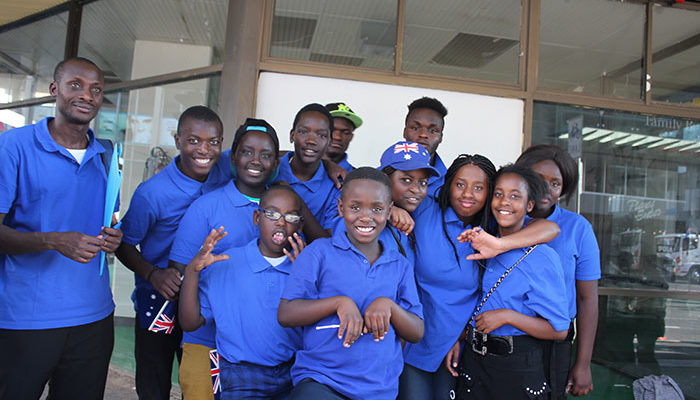Second-generation African Australian students from refugee backgrounds in the classroom and at home
This post forms part of our series in showcasing abstracts of presentations featured at our annual postgraduate interdisciplinary conference on refugee and forced migration research, hosted in November 2018 at The University of Melbourne.
ROSE ISER
In the context of the changing dynamics of Australian multiculturalism, this paper explores the existing cultural and language resources of African-Australian communities in inner-Melbourne and how schools draw upon these resources in supporting SGAA students in their academic and social development. In light of the political and media focus on #AfricanGangs in Victoria, the study is a timely investigation of the way SGAA students, their families and schools understand their cultural backgrounds. A qualitative inquiry comprising case studies of students and their families across two schools, the researcher is currently undertaking observations, interviews, and student-created soundscapes to generate in-depth knowledge about participants’ perceptions of the SGAA students’ resources.
The research draws on Critical Race Theory (Delgado & Stefancic, 2013; Ladson-Billings, 1999) and adopts an asset perspective to counter deficit views of students from refugee backgrounds. It draws on theoretical models of resources including Bourdieuan forms of capital, Funds of Knowledge (Moll, Amanti, Neff, & Gonzalez, 1992) and Culturally Sustaining Pedagogy (Paris & Alim, 2017) to navigate how students’ resources can be conceptualised. The primary intention of this research is to generate new insights into the interface between schools and cultural and language resources of the African background communities they serve.
Rose Iser is a second year PhD candidate with the MGSE, and a participant in the PhD Program in Refugee and Forced Migration Studies at the Melbourne Social Equity Institute. She has worked in law, politics and teaching, with a particular focus on diversity and equity in community engagement and education.
Image Credit: Salt (2014) http://www.saltmagazine.org/african-australians-celebrate-australia-day/
